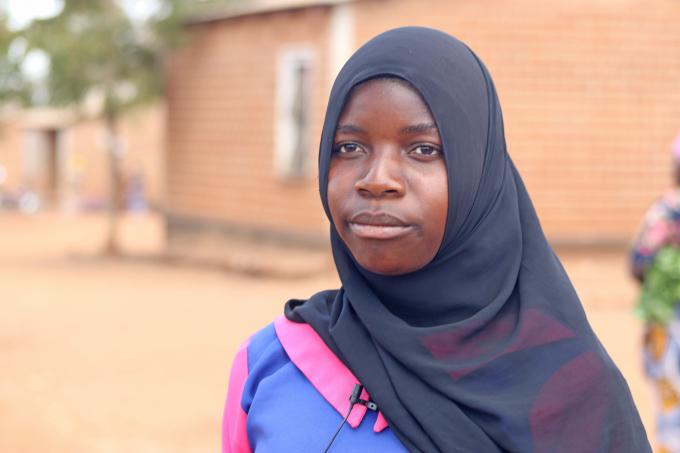TiKuMA Project Earns Strong Support in Balaka Community Inception Meetings
As the second day of community engagement meetings unfolds in Balaka, the Tikwaniritse ndi Kuteteza ma Ufulu a Ana – TiKuMA (Fulfill and Protect Children's Rights) Programme continues to garner widespread support and enthusiasm from various community structures.
The TiKuMA project, funded by the Norwegian Agency for Development Cooperation (NORAD) through Save the Children, aims to ensure that by 2028, all children in Balaka and Mchinji districts enjoy their right to education and are protected through strong community and government systems. Save the Children is working in partnership Malawi Girl Guides Association (MAGGA), Girls Empowerment Network (GENET), Girls Empowerment and Youth Organisation (GAYO), and Parents of Children with Disabilities in Malawi (PODCAM), NGO Coalition on Child Rights, Malawi Economic Justice Network (MEJN) to achieve this ambitious goal.
The community engagement meetings, held in collaboration with Balaka District Social Welfare Office, Police, and the District Education Office, aim to introduce the TiKuMA project and its objectives to key stakeholders, including Area Development Committees, Area Executive Committees, Chiefs, and community members.
During the engagement sessions, Senior Group Village Headman Chulu expressed the community's collective relief and hope in the project's potential to address these pressing issues.
"The TiKuMA project will help us tackle the critical challenges rocking our communities," he stated. "For instance, in one of the primary schools in my area, this year, we had 195 learners in grade 1, but only 28 sat for the Primary School Leaving Certificate Exams. This high dropout rate is alarming. The question is, where are these children that have dropped out? They are still within our communities—some have married, others are smoking hemp and engaging in other vices. We need to end this."
Senior Group Village Headman Chulu also highlighted the cultural challenges affecting child protection in the area.
"In our communities, being a matrimonial society, fathers often lose their say over their children once they reach the age of 9. Many children are sent to live with their grandparents, who may be too old to properly care for them. This situation leaves the children vulnerable, as they often end up doing whatever they want, without proper guidance," he said.
Children’s voices were also represented during the discussions, with 15-year-old Brenda sharing her concerns about the hidden costs of education.
"While school fees have been abolished in primary schools, learners still pay a range of fees, including exam fees. Many poor learners who can't afford these fees drop out of school, and some get married as a result. My hope is that this project will help us address this issue of fees.
“And poverty is a major concern and a driver of child marriages, especially among girls. If the project can address this, it would be a great relief," she said.
Sub-Traditional Authority Makwinja, who has been actively involved in addressing child protection issues in his area, echoed the sentiments of the community.
"In my area, we are doing all we can to address the challenges affecting children. Child marriages and school dropouts are major issues of concern to me. I have, on several occasions, paid school fees from my pocket for children on the verge of dropping out. This project will boost our ongoing efforts and provide the support we need to make a real difference."
With the community's strong support and active participation, the TiKuMA project is well on its way to achieving its goal of creating a safe and nurturing environment for all children in Balaka and Mchinji districts.
TiKuMA builds on the successes of the Securing Children Rights through Protection and Education (SCREP) Project. Funded by NORAD, the SCREP Project, which ran from 2019 to 2024, made significant strides in empowering children and communities to secure a better future for children. This successful five-year initiative was implemented across four districts: Lilongwe, Mwanza, Neno, and Mzimba.
 Malawi
Malawi 